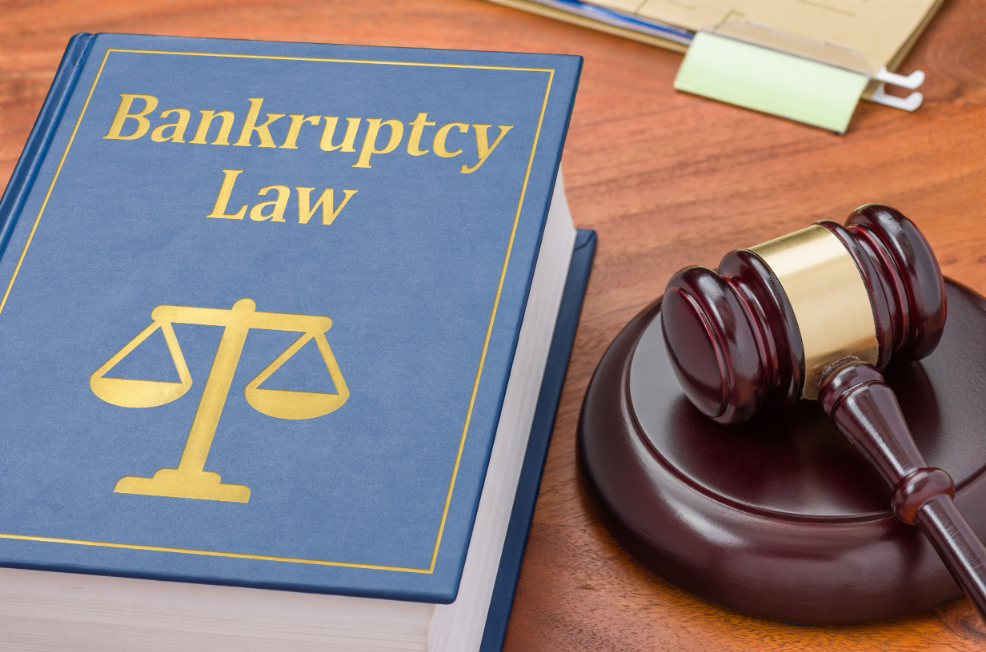Blog > 2021 > September > The Main Difference Between Chapter 7 and Chapter 13 Bankruptcy
The Main Difference Between Chapter 7 and Chapter 13 Bankruptcy
September 21, 2021
If you’re filing for bankruptcy, you’re probably feeling a mixture of relief and apprehension. It’s natural to feel relieved after deciding to be proactive about a financial situation. However, you’re probably also experiencing anxiety because you’re about to step into the unknown. After all, this is a big decision with the potential to harm your credit for several years to come. One of the biggest questions you may have at this point is what type of bankruptcy filing best meets your individual needs and preferences. Here’s what you need to know about the differences between Chapter 7 and Chapter 13 bankruptcy.
Chapter 7 Bankruptcy
Often referred to as the “liquidation chapter,” Chapter 7 bankruptcy is quicker than Chapter 13, with the average discharge occurring within three to four months. The significant benefit of choosing this route is that you’ll be able to get a fresh start in a timely fashion and move forward with the rest of your life. Chapter 7 bankruptcy can stop bill collectors from taking action against you, suspend or stop wage garnishments, and erases qualifying debts such as credit card and medical bills.
Chapter 13 Bankruptcy
Chapter 13 bankruptcy involves a longer process than Chapter 7. This option consists in setting up a court-approved repayment plan, which is why it’s considered a restructuring of debt. Debtors keep all of their property under the terms of this arrangement. For instance, if you’re a homeowner who’s struggling to retain ownership of your property, Chapter 13 can stop or at least significantly delay the foreclosure process and give you a chance to get your financial bearings back. Remember, though, that failure to meet the obligations of the terms agreed upon with the court may result in losing your Chapter 13 protection.
The Bankruptcy Means Test
Congress made substantial changes to federal bankruptcy law in 2005, and one of these changes resulted in a Means Test requirement for those considering filing for Chapter 7 bankruptcy. This test was developed to circumvent abuse of the bankruptcy process. Chapter 7 was designed to provide those of limited means with the opportunity to gain a fresh financial start.
Please don’t hesitate to contact SM Law Group for more information on which bankruptcy option suits your particular circumstances. Our experienced team of skilled bankruptcy lawyers has helped many people find debt relief solutions. We offer English, Spanish, and Farsi services, so feel free to schedule your free consultation today.
If you are considering filing bankruptcy to get out of debt, contact a bankruptcy attorney at SM Law Group for a consultation.
If you are looking for ways to get debt-free, don’t hesitate to contact us today through our website or give us a call at to schedule your free consultation.
